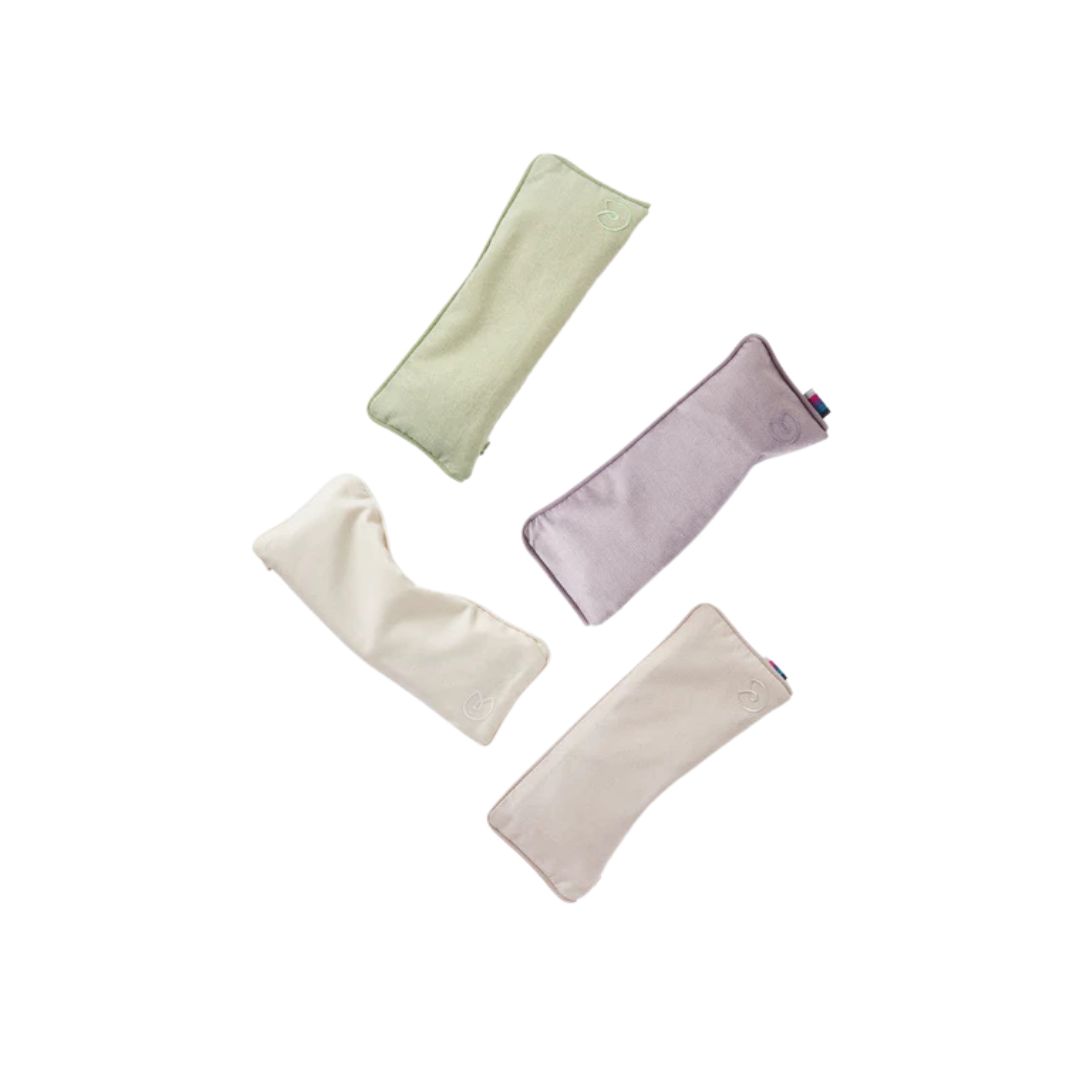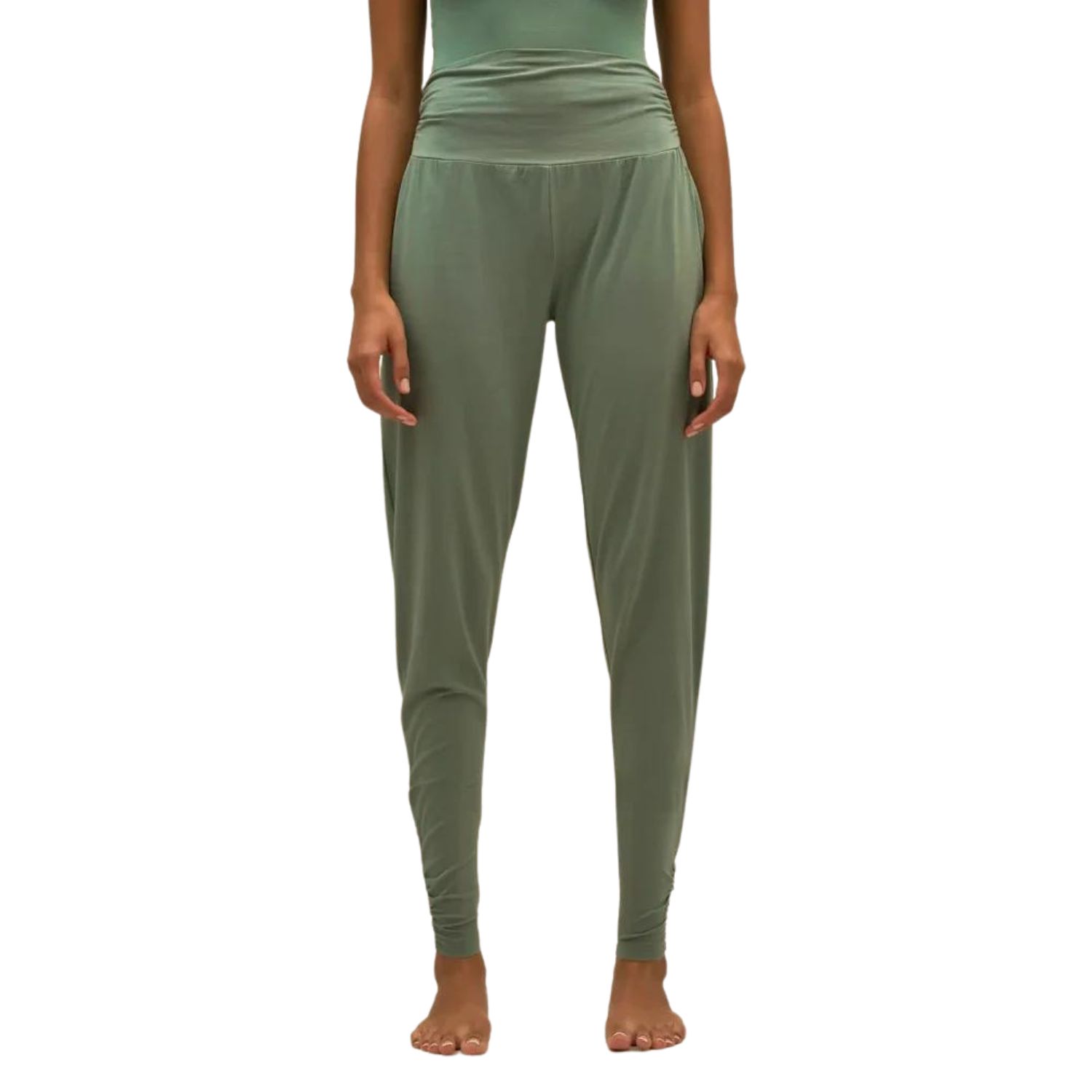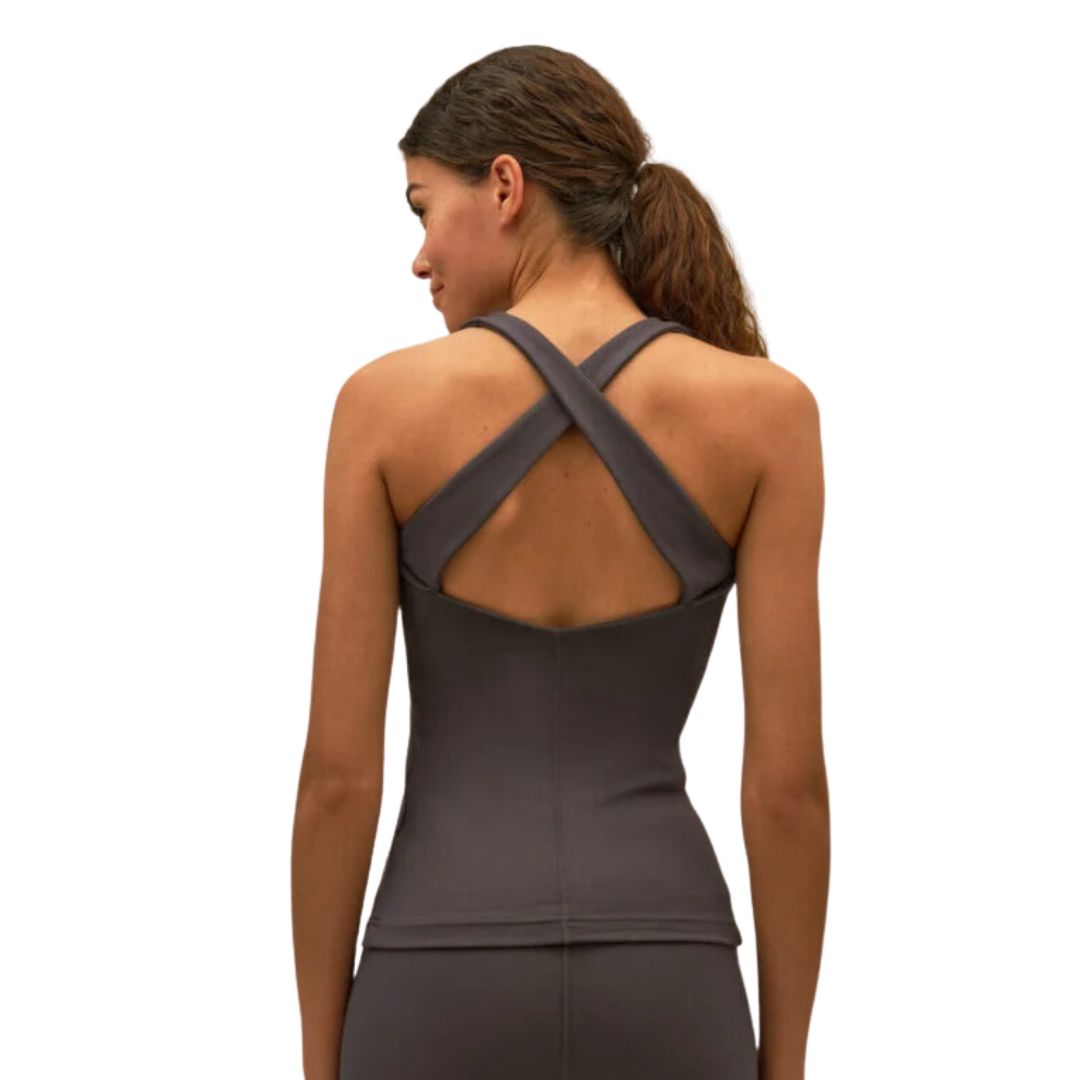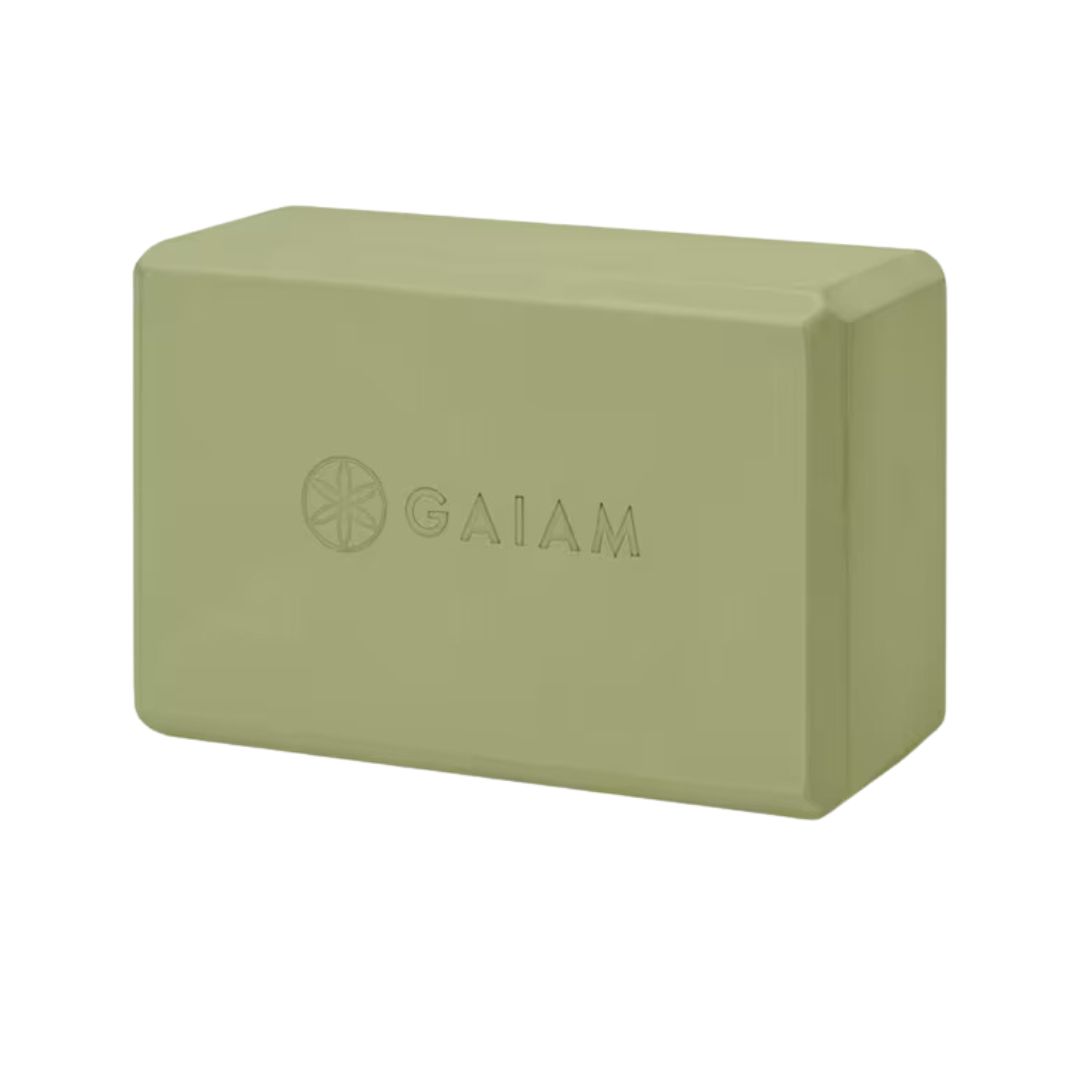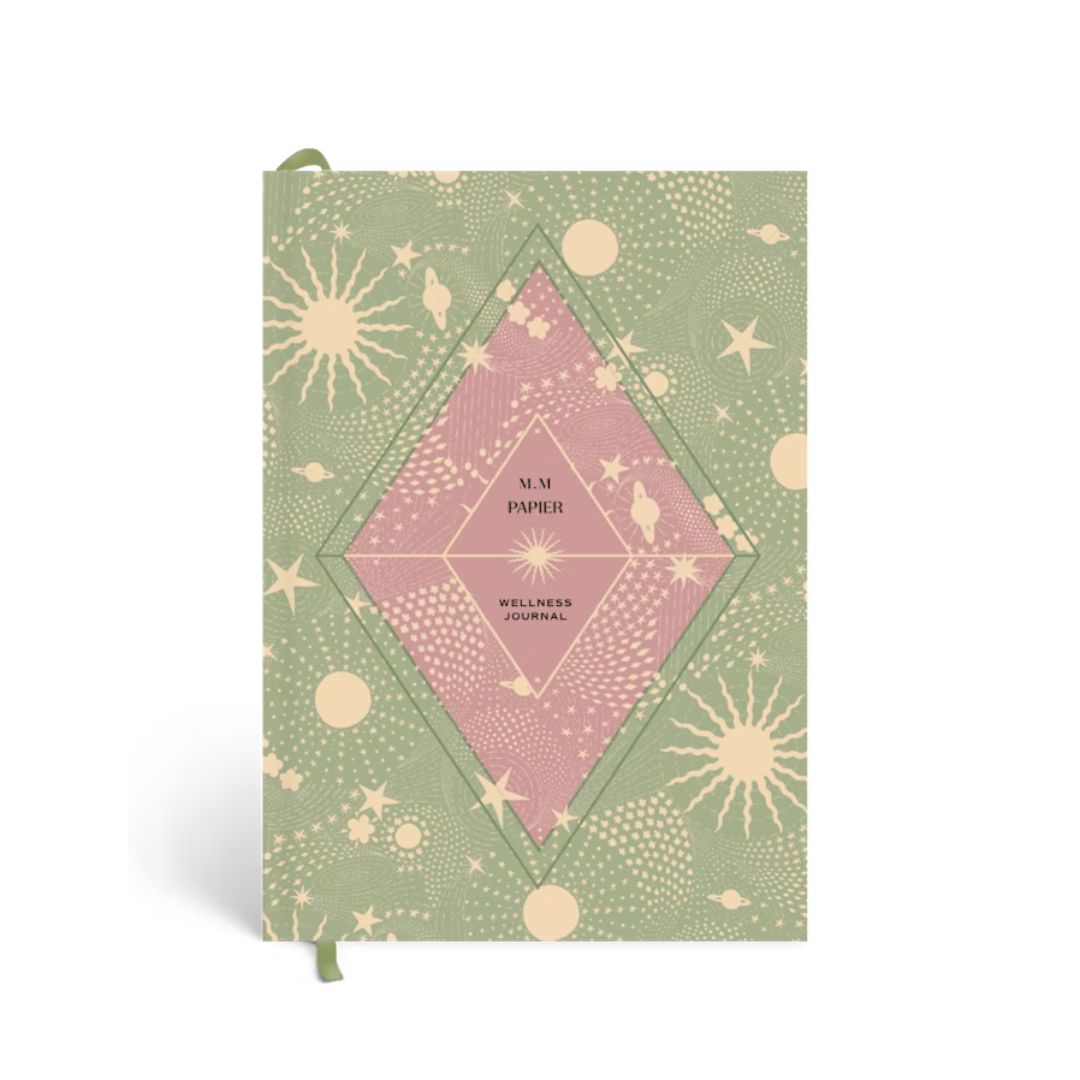This app promises to be game-changing for your sleep and energy levels - what I thought after testing for a month
Could an app actually change my focus and energy?

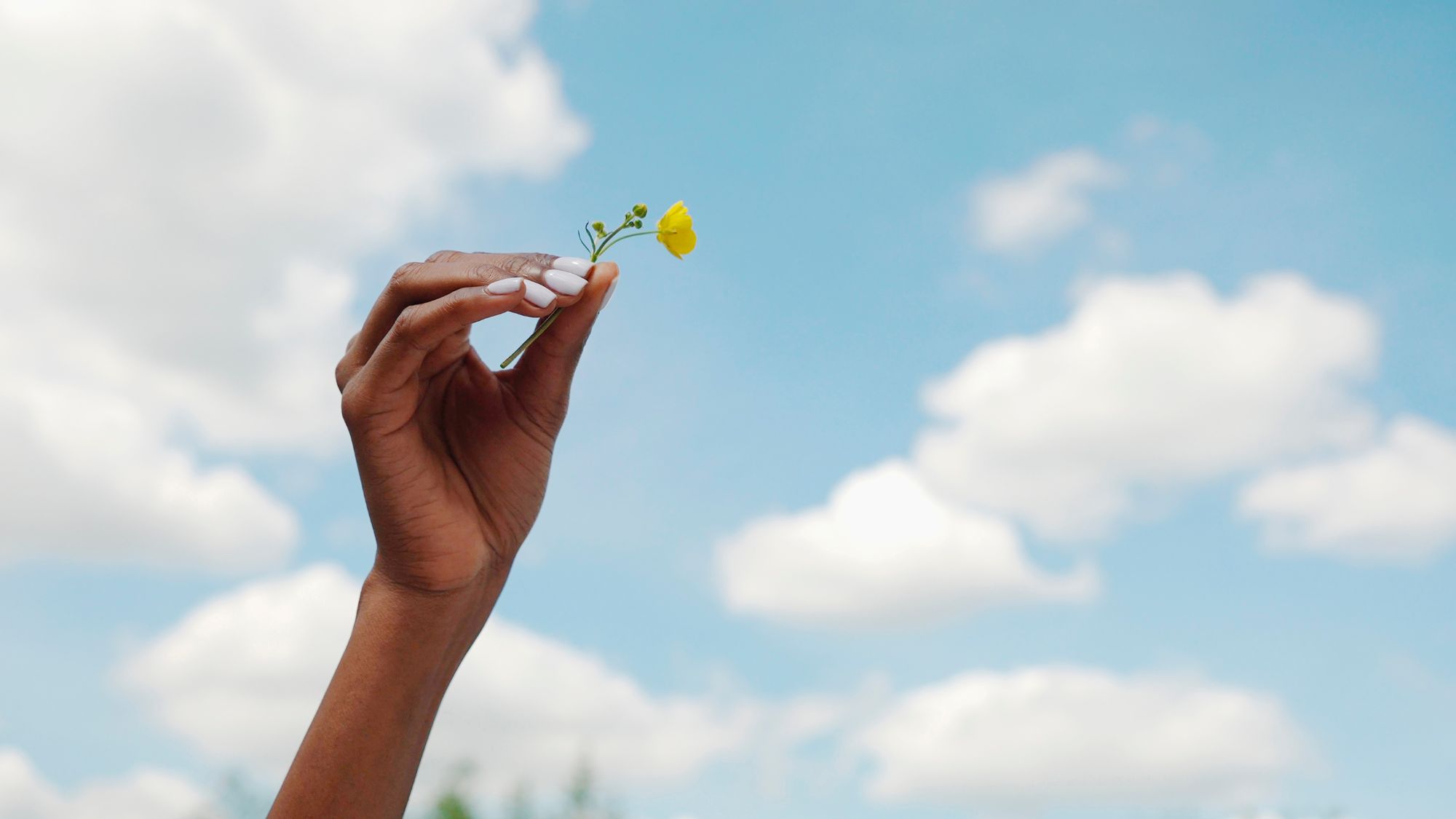
I’ll admit it - I’m a total sleep nerd. I love reading about sleep, writing about sleep, and learning about sleep. That said, I don't always get the best sleep. I once suffered from insomnia and, despite all my research, I struggled to nail my sleep hygiene. That's why when I read a few Rise app reviews which swore it transformed not only sleep quality but energy levels too, I had to give it a try.
We all know good quality sleep is key to our overall wellbeing. One recent study from the University of York even found that high-quality sleep promotes resilience to mental health conditions, like depression and anxiety.
As a health and wellbeing journalist who's previously suffered from insomnia, I've tested many a sleep aid and tried every sleep hack under the sun. I've written about all the ways I've learned how to improve my sleep, from body scan meditations, to sunrise alarm clocks, to getting daylight first thing in the morning to regulate my internal body clock.
But back to RISE - a sleep tracking app that promised to help provide science-backed, in-depth sleep stats that, in turn, would improve my health, focus and habits.
I tested it for a month and share my experience with the app below - of how RISE helped me to understand how much sleep I actually needed, not to mention made me more productive than ever. Don't miss our guides to how to get to sleep, sleep meditation, and MC UK's favourite sleep masks, while you're here.
I tried the raved-about Rise app and it’s improved my productivity tenfold
How the RISE app works
Created by a team of sleep experts at Rise Science, RISE is an app designed to track your energy levels and sleep debt - in short, when you sleep less than your body needs. The idea is that by tracking this, you can learn more about your habits and discover the best hacks for sleeping better and maximising your natural energy peaks.
Founded by sleep scientists Jeff Kahn, Leon Sasson and their team of pros, the app is an award-winner and was first invented to help top athletes and sales teams improve their performance. Now, they've released the same resource to the public so you can learn about your own natural energy peaks.
Celebrity news, beauty, fashion advice, and fascinating features, delivered straight to your inbox!
So, was the app as good as it sounds? Here's what happened when I tried it myself for a month.
What I thought when trying the RISE app
When I first downloaded RISE, I was asked a series of questions about my sleeping habits, daily movement and energy levels. The app then notified me throughout the day of when I might expect an energy peak or dip - all of these, predictions based on my sleep data and backed by science.
Based on my answers, the algorithm predicted the amount of sleep I personally need each night (seven hours, 45 minutes) and used this as a base level throughout the tracking process.
I always thought that I needed to have between eight and nine hours of sleep every night - because that's what we're taught at school, right? In reality, we're all different and the amount of sleep each individual person needs depends on a variety of factors, including lifestyle and genetics. The best indicator of whether or not you've had enough sleep is how you feel in the morning, but it was still a relief to discover that I needn't feel frustrated anymore when I don't hit the nine-hour mark.
Thanks to RISE's personalised insights and recommendations, I was not only able to discover how much sleep I needed each night but to also take advantage of my natural energy peaks. This was the biggest game-changer for me and has made me infinitely more productive in my working day.
So, how does it calculate your energy peaks? Well, if it notifies you that you're at an energy peak in the morning, it'll be based on your sleep data and how this relates to your internal body clock. Research shows us it takes 90 mins for sleep hormones to leave the body, so the app will predict grogginess first thing in the morning before you hit an energy peak.
It uses phone movement to calculate when you've fallen asleep - you can edit this, if, for example, you woke up at a different time, and then it'll recalculate your sleep from that night, your current sleep debt and how this will impact your energy levels throughout the day. You can also connect it to Apple Health, Apple Watch and Fitbit for more accurate sleep data.
I found it pretty spot on. RISE predicted when my energy peaked and dipped throughout the day, giving me an idea of when was the best time to do tasks that required lots of focus. Similarly, as my energy dwindled throughout the rest of the day, I felt less guilty about not being as productive as I was in the morning.
It might sound simple, but it was a clear and welcome reminder to tune into my body more. First thing, I prioritised my most important tasks, knowing I'd have the most energy to get them done. Smaller tasks I left until the end of the day, when the app had told me I'd struggle to maintain my focus more.
Not to mention RISE also predicted when I should have my last cup of coffee for the day, when I should start my self-care routine, when my bedtime wind-down should be, and when it was time for me to hit the hay.
My final favourite thing about the app? As I tracked my sleep over a particularly busy week that involved a few late nights, I was also able to see how much "sleep debt" I was in. This essentially means how much sleep you didn't get that you should have, ideally. The secret to having longer and higher energy peaks is to get the ideal amount of sleep, so I appreciated the app gently reminding me I wasn't quite getting enough (not to mention, I always felt more energised, productive, and ready to go when I had hit my recommended target).
How I stopped myself from becoming too fixated on the data
As with any health or fitness tracker, it's easy to get caught up in the data and become fixated on having the "perfect night's sleep." That said, it's important to understand these trackers provide just a snapshot and not the whole picture.
They can be used as guidance, but I was mindful to always prioritise how my body felt over what the app was telling me. After all, if you wake up feeling refreshed and energised, you've already nailed it no matter what an app tells you.
My final take?
My final thoughts on the app? I really rate RISE and found it fascinating to discover more about my sleep.
One downside: I'm not using it at current because it's on the pricier side. That said, my biggest takeaway from using this app was the habits I built around using my high-energy windows in the morning and treating myself with compassion in the evening, when my energy starts to dwindle. The app has without doubt made me more productive throughout the day, but it's also encouraged me to wind down in the evening, close my laptop and enjoy some much-needed R&R. This, I've found, can often be just as productive as getting through my to-do list.
Shop MC UK's favourite sleep aids now
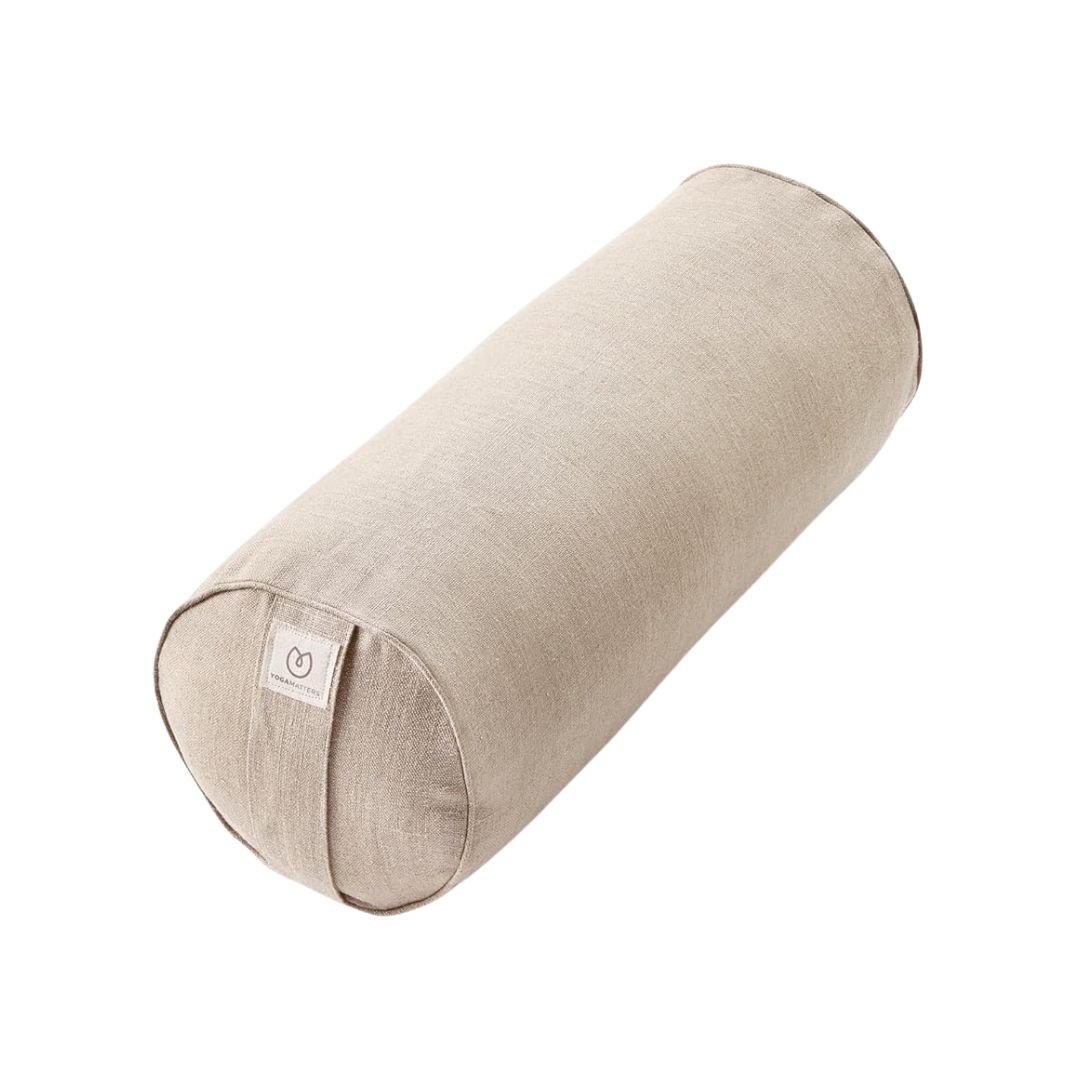
A recent addition to my meditation practice, I prop this bolster under my knees for extra support during my meditation practice - and, I use it for yin yoga, too. It's made from one of the most sustainable materials, hemp, and can be filled with natural buckwheat hulls or recycled polyester.
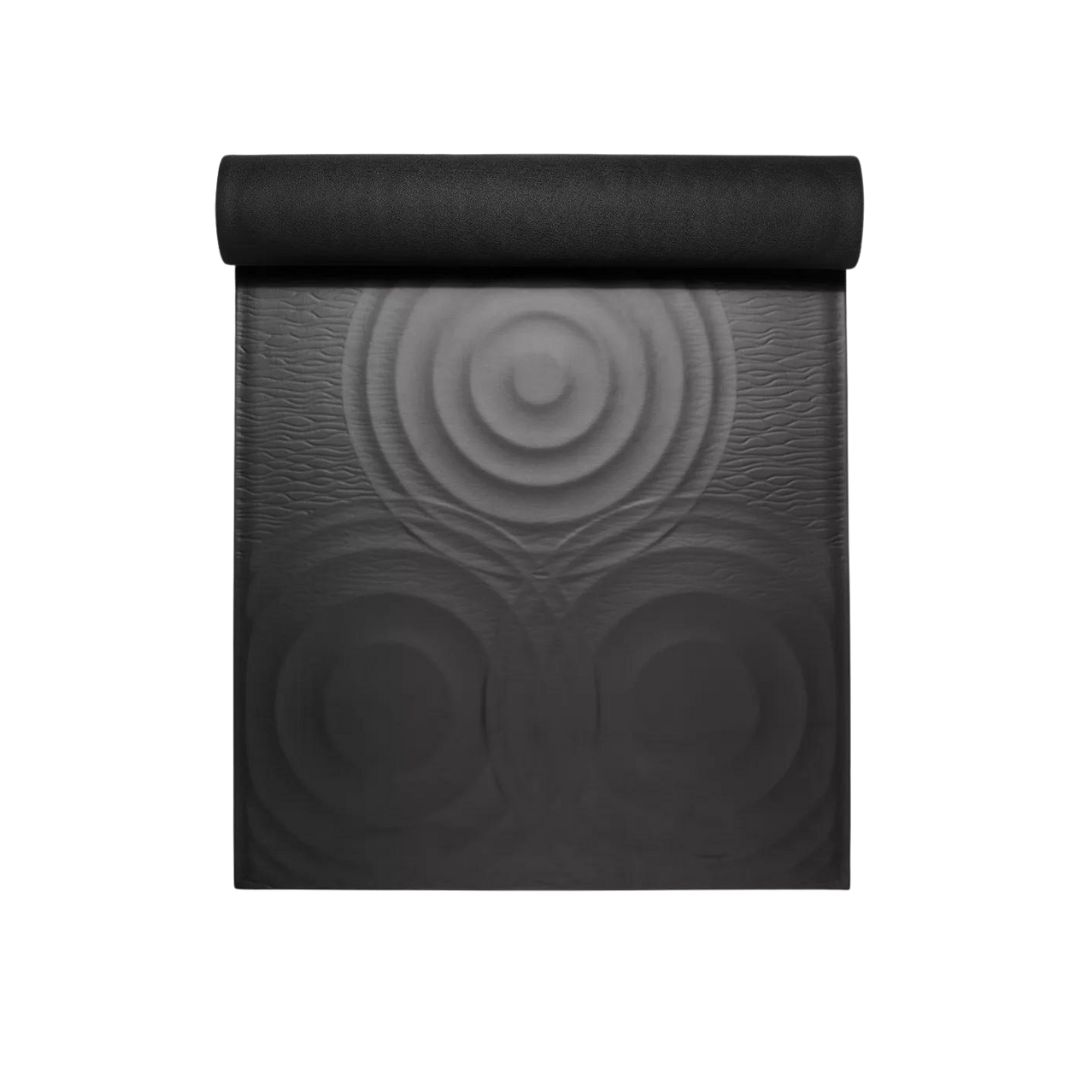
Easily one of the best yoga mats, the entire MC UK team are fans of this lululemon yoga mat. It's seriously cushioned and promises to protect your joints from hard surfaces.
What does the rise app do?
In short, an app created by sleep experts to help you optimise your sleep quality and track your energy levels, too.
Rise's main aim is to help you maximise your natural energy peaks, aka tackling your toughest daily tasks when both your body and mind are best energised to do so.
How much does the rise sleep app cost?
Sadly, the Rise app isn't free - that said, it is available to download from the Apple Store and Android Store and costs £50 a year.
This article was originally published in August 2023 and has since been updated.
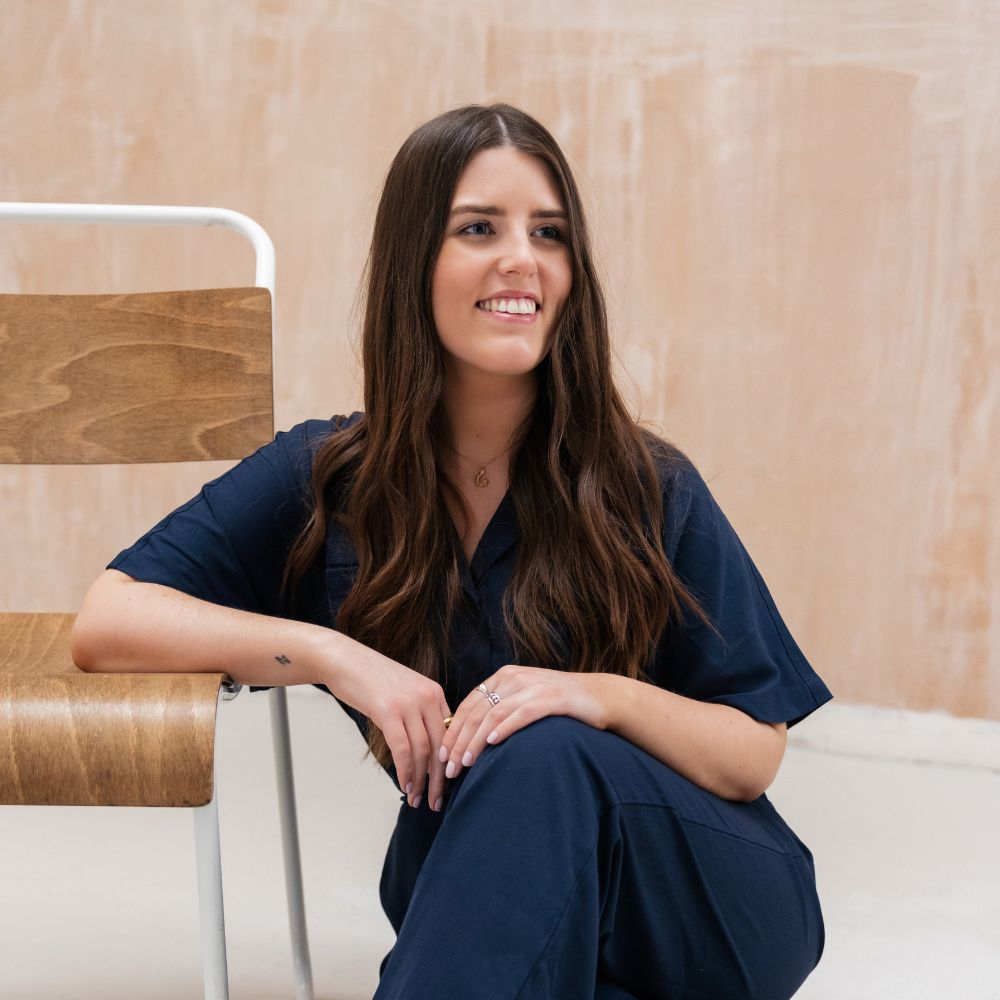
Ciara McGinley is a freelance journalist, editor and mindfulness meditation practitioner. She covers health, wellbeing and lifestyle topics for her favourite women's lifestyle publications including Marie Claire, Stylist, Red Magazine and Woman & Home. She's all about betting that mind-body connection, and takes her self-care and night-time routine very seriously... When she's not writing or teaching meditation, you'll find her trying out the latest wellness trend, or escaping London for a hiking weekend.
